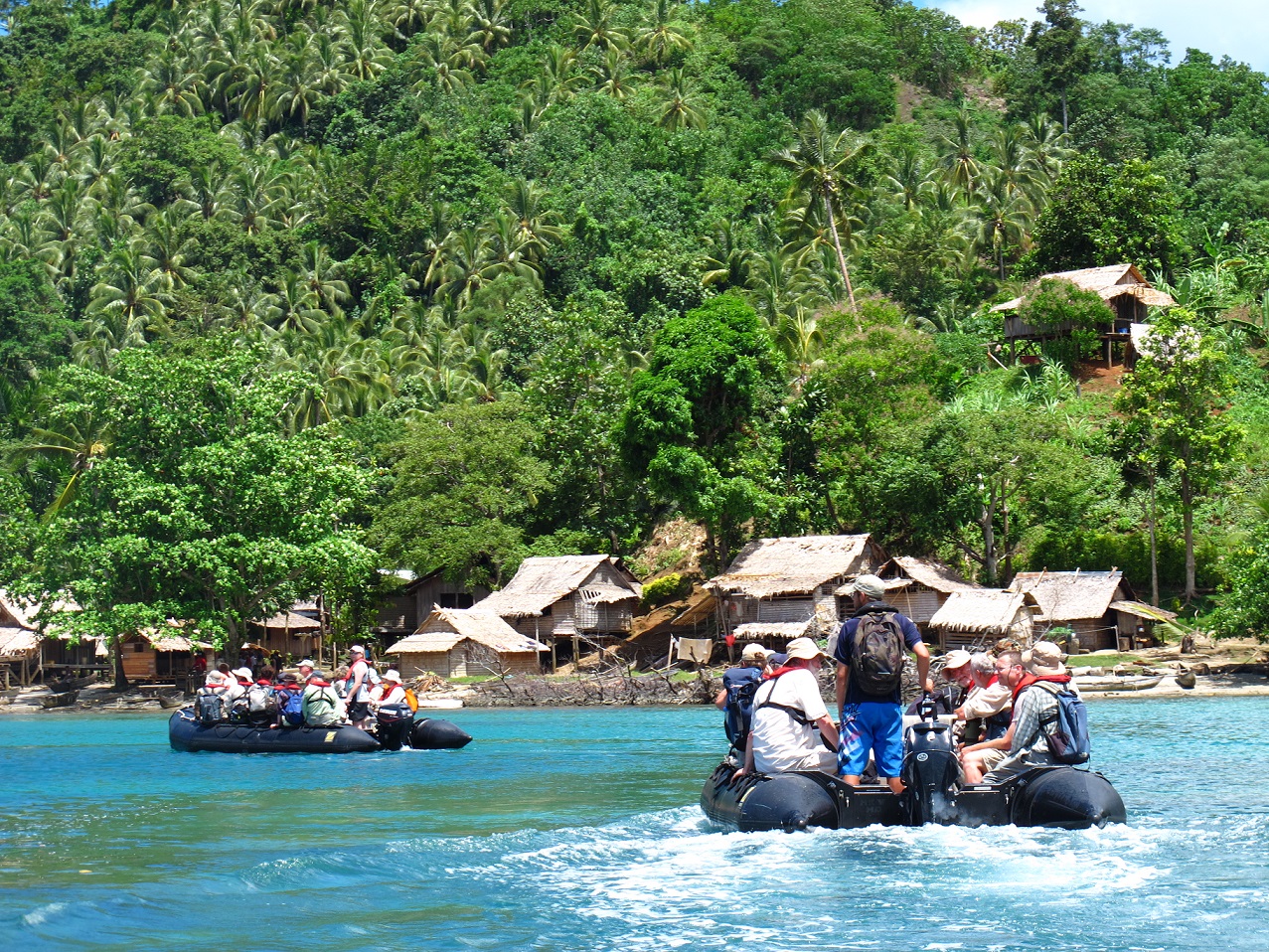Western Pacific Odyssey WPO
Western Pacific Odyssey WPO
$11885
Western Pacific Odyssey WPO
15 Days Starting in Auckland and ending in Kavieng
Visiting: New Caledonia
Tour operator:
Ship Name:
Heritage AdventurerGuide Type:
Fully Guided
Ship Capacity:
Tour operated in:
EnglishTrip Styles:
Interests:
Activities:
Tour Overview
Known in birding circles simply as the 'WPO', this expedition incorporates many of the key birding areas in the South West Pacific. First offered in 2007, it is now considered one of the 'must do' expeditions for any birder because of its opportunities to see some of the rarest pelagic seabirds in the world, plus many island endemics. But it is not just for 'birders', the cetacean list can only be described as outstanding, while there is also so much more to enjoy for anyone interested in taking a leisurely expedition cruise through a transect of the Pacific Ocean. Remote beaches, glowing tropical sunsets (with maybe a green flash or two!), flying fish, towering tropical rainforests and wild and remote oceans just to name a few. Guests on this voyage disembark in Kavieng, Papua New Guinea, or can continue on a specially priced extension through to Japan.
After departing Auckland, New Zealand, we sail for the rich waters of the Hauraki Gulf where there are numerous speciality seabirds, including the New Zealand Stormpetrel. From there it's northward to Australia's Norfolk Island with its endemic birds, Norfolk Pines and rugged shoreline. Our next stop is New Caledonia, one of the world's most biologically interesting islands, where we search for the amazing Kagu and other endemic bird species in the Parc Provincial de la Rivière Bleue/Riviere Bleue.
Heading on through Melanesia we will call in at a couple of the largest islands, Guadalcanal and Bougainville, before cruising across the New Britain Trench, an area known to be extremely rich in cetaceans. As we sail along the coasts of Bougainville and New Ireland, we will look for two rarely seen seabirds: Heinroth's Shearwater and the critically endangered Beck's Petrel which was only rediscovered in 2007, both of which we have seen on almost all our previous expeditions in this region.
Your voyage ends in Kavieng, Papua New Guinea, disembark or continue on our extension sailing northward all the way to Japan via the Bonin Islands where we will look for Bryan's Shearwater, Bonin White-eye and Short-tailed Albatross among others.
This expedition is accompanied by some of the best pelagic birding guides in the world who have extensive experience of the seabirds of the West Pacific and have visited the islands we will be landing on multiple times. Birding starts at dawn and finishes at sundown. Our guides are there throughout the day to assist you and the 'reading of the bird list' each evening is legendary for its detail and discussion. This is one birding expedition you can't afford to miss.
Highlights
Itinerary
Day 1: Auckland, New Zealand
Join Heritage Adventurer this afternoon in the heart of New Zealand’s commercial capital, Auckland. Your Captain and Expedition Team will be waiting to greet you on arrival and show you to your cabin. You will have time to settle in and familiarise yourself with the ship; we will also take the opportunity to introduce
you to your Expedition Team and Guides and our voyage plans. You are invited to join your Expedition Team and Guides in the Observation Lounge and up on the Observation Deck as we set sail for the Hauraki Gulf.
Day 2: Mokohinau Islands And The Hauraki Gulf
Daybreak will find us in the Mokohinau Islands (known locally as the Mokes), a group of small islands in the Hauraki Gulf. These predator free islands are a haven for breeding seabirds and we should start the voyage with a wonderful selection of seabirds around the ship. Grey Noddy are usually to be found perching on some of the rocks and there is an Australasian Gannet colony here as well. As we head further out to sea we will focus on looking for the New Zealand Storm Petrel. The species’ recent and astonishing discovery is now well known along with the fact that it is breeding at Little Barrier Island. We have never missed this special bird and usually find several. Indeed this whole area offers fantastic seabirding and some of the other species we can hope to see are Little Blue Penguin; Black, Grey-faced, Cook’s and possibly Pycroft’s Petrel, Buller’s, Flesh-footed, Fluttering and Little Shearwater, Fairy Prion, White-faced Storm Petrel and Common Diving Petrel. In addition this area is a good feeding ground for albatross and we are likely see several species including White-capped, Campbell, Buller’s and Antipodean Albatross. The waters of the Hauraki Gulf usually have a few cetaceans around including Short-beaked Common Dolphin, Long-finned Pilot Whale and occasionally Bryde’s Whale.
Day 3:: At Sea
Today will be spent sailing north to Norfolk Island and passes through rich waters for seabirds. These deep, far offshore waters are excellent for an impressive mix of Pterodroma/Gadfly Petrels
and we hope to see Grey-faced, Kermadec, White-necked, Blackwinged, Cook’s, Gould’s and Tahiti Petrel. There should again be good numbers of albatross around and they will be some of the last we see until we enter the realm of their Northern Hemisphere cousins much later in the journey. We sometimes see beaked whales in these deep waters and several species of these enigmatic cetaceans occur here. We stand a good chance to see Sperm Whales as well.
Day 4: Norfolk Island, Australia
This far flung island, named by Captain James Cook, has a rich history. Initially inhabited by Polynesians, it later served as a penal colony and was then colonised by descendents of The
Bounty mutineers. The famous and picturesque Norfolk Island Pine dominates the landscape over much of the island, along with palms and the world’s tallest treeferns. Sadly much of the incredible array of endemic wildlife that this island once held is extinct following the arrival of humans and their commensals, but the remaining forests are magnificent and still support a selection of endemic birds: Norfolk Parakeet, Slender-billed White-eye, Norfolk Robin and Norfolk Gerygone. Also found here are Pacific Emerald Dove, Golden Whistler and Grey Fantail. During our time ashore there may also be an opportunity to see some nesting seabirds including Black Noddy, White Tern and spectacular Red-tailed Tropicbirds. As we depart the island in the latter part of the afternoon there will be some excellent opportunities for more seabirding. The Island’s breeding seabird population was decimated but is making a steady recovery with predator control. We will be on the lookout here for ‘Tasman’ Brown Booby, White-bellied and White-faced Storm Petrel, Little Shearwater and, in some years, Providence Petrel have also been observed.
Day 5: At Sea
As we sail north through the Coral Sea we can expect yet another excellent day of seabirding from the decks. Once again it will be those amazing Pterodroma petrels that should provide much of the entertainment and today we will be looking for more Kermadec, White-necked, Black-winged, Gould’s and Tahiti Petrel. If we are lucky there may be a few Providence or even Herald Petrel around and we should encounter our first Collared Petrels of the voyage. Both the light and dark morph of this species should be encountered, the dark morph often being referred to as Magnificent Petrel. We will pay particular attention to storm petrels on this leg of the journey. In addition to Wilson’s and White-faced Storm Petrel, we hope to see White-bellied Storm Petrel and, with luck, even Polynesian Storm Petrel. It is on this transit that we began seeing a mysterious Storm Petrel in the early days of the WPO. The bird is now recognised as being the rediscovery of the long lost Fregetta lineata and is known as the New Caledonian Storm Petrel. The species appears to be quite rare and hard to see here but we have managed to observe it on several occasions to the south of its presumed breeding grounds somewhere around New Caledonia.
Day 6: Riviere Bleue, New Caledonia
New Caledonia has been described as a taste of France in the Pacific and is one of the most fascinating islands in the world. First inhabited by Lapita peoples, it was named by Captain James Cook who felt it reminded him of Scotland. New Caledonia is a fragment of the ancient supercontinent of Gondwana, and it is believed that it detached and became an island tens of millions of years ago. Isolation over such a long period of time on a relatively large tropical island explains both the extent of biodiversity and the incredible levels of endemism on this delightful tropical island. Its botany is characterised by an extraordinary diversity of gymnosperms particularly the spectacular Araucaria Trees, along with some of the largest tree ferns on Earth. It also holds the most ancient lineage of flowering plants and the largest gecko in the world. In common with so many Pacific Islands, there was a tragic extinction of many amazing birds upon the arrival of humans, yet the island still plays host to an extraordinary number of endemic species. Foremost of these is, of course, the Kagu the sole surviving member of its family. This extraordinary, flightless bird is now readily seen in Riviere Bleue, thanks to a massive conservation effort. We will be visiting this special reserve today to seek out the Kagu. Everyone has seen the pictures but to experience this unique creature in the feathers is a lifetime birding highlight. Also here are almost all of the island’s other endemic birds headlined by spectacular Cloven-feathered Dove, Horned Parakeet and the critically endangered and often tricky to see Crow Honeyeater. The long list of other endemics include Goliath Imperial-pigeon, White-bellied Goshawk, New Caledonian Parakeet, New Caledonian Myzomela, New Caledonian Whistler, the toolusing New Caledonian Crow, South Melanesian Cuckooshrike, New Caledonian Friarbird, Barred Honeyeater, Yellow-bellied Robin, Green-backed White-eye and Red-throated Parrotfinch. Our time here at Riviere Bleue is a chance to immerse ourselves into one of the most spectacular and well protected forests on the island and experience not only the birdlife but some of the extraordinary botany as well.
Day 7: Mount Koghi
With another morning of birding on this special island, today we visit the slightly higher forest elevations of Mount Koghi. Our time here will be spent looking for any birds we missed yesterday. These forests tend to be better for White-bellied Goshawk, Cloven-feathered Dove, New Caledonian Crow and Striated Starling, even the poorly known and rarely observed New Caledonian Thicketbird occurs here. Other birds to keep an eye out for include Streaked Fantail, Southern Shrikebill and Metallic Pigeon. Those so inclined may wish to spend some time exploring the capital of Noumea or enjoy a swim. Once back on board we will sail along the world’s longest, continuous barrier reef systems, a very scenic cruise and with some interesting birds including Fairy Tern. Once beyond the reef we should see large numbers of Gould’s Petrels and Wedge-tailed Shearwaters and this will provide us with another opportunity to seek out the New Caledonian Storm Petrel.
Day 8 : Days 8 To 10: At Sea
We now have three sea days as we steam north into the tropical waters of the Solomon Islands. While the pelagic birding may slow a bit as we head into warmer waters, it remains excellent. This stretch is our best chance to observe the incredible Polynesian Storm Petrel and we should also see Band-rumped Storm Petrel. The latter was initially discovered in this area during the WPO and seems likely to represent an unknown breeding population. We should also enjoy more Collared and Tahiti Petrels, both Red-tailed and White-tailed Tropicbirds plus hopefully watch Masked, Brown and Red-footed Boobies hunt the dazzling array of often spectacularly coloured flying fish that are abundant in these waters. As always, it is worth keeping an eye out for cetaceans including Sperm Whales, various beaked whales, and Short-finned Pilot Whales.
Day 12: At Sea
We sail westwards through the Solomon Islands chain today. Because of its remarkable oceanic topography, the Solomons can offer some of the best tropical seabird and marine mammal watching anywhere. Some transits can be teeming with life, while others can be quieter. We should experience some feeding frenzies of terns, boobies, Wedge-tailed Shearwaters and marauding Frigatebirds. We also stand a good chance of observing the strange and rare Heinroth’s Shearwater today. Marine mammal sightings in this area are always hard to predict but we regularly see Kogias here including Dwarf Sperm Whale, and even rare Pygmy Sperm Whales. Spinner and Pantropical Spotted Dolphin are the most regularly observed dolphin species and Pygmy Killer Whales seem fairly regular. Blainville’s, Cuvier’s and even Longman’s Beaked Whales have all been seen on previous voyages, while flying fish reach some of their highest diversity in this area.
Day 13: Bougainville Island, Papua New Guinea
Geographically we are entering Papua New Guinea today, but biologically Bougainville has more in common with the Solomon Islands and is the largest island in the archipelago. With a tumultuous history it is only fairly recently that Bougainville has reopened to tourism, but is nowadays a very welcoming destination. Happily there is a paved road that gives easy access to some mid elevation forest which, while somewhat degraded, still offers excellent birding. We will have more opportunities to observe Sanford’s/Solomon Sea Eagle, Solomons Cockatoo and Ultramarine Kingfisher today and we will be looking for endemics including the Bougainville Crow, Bougainville Monarch and perhaps the secretive Bougainville Bush Warbler. Other new birds to look for today are many and include Yellow-throated White-eye, Bougainville White-eye, Solomons Monarch, Red-capped Myzomela, Pale Mountain Pigeon, Mackinlay’s Cuckoo Dove and Red-knobbed Imperial Pigeon.
Day 14: At Sea, Off The Coast Of Bougainville
Today we will be sailing between Bougainville and New Ireland. It is in this region that we will be looking for the Beck’s Petrel. Some of the first ever at sea sightings of this very poorly known seabird occurred on this voyage and to this day almost every birder that has observed a Beck’s Petrel has done it while on the Western Pacific Odyssey! So we will be working hard to see this species again today. Heinroth’s Shearwater is another exciting possibility in this area. Again, cetaceans are very hard to predict but this area is home to many infrequently seen species. It can be particularly good for Kogias (the Dwarf and Pygmy Sperm Whale), along with the blackfish: False Killer Whale, Pygmy Killer Whale, Short-finned Pilot Whale and Melon-headed Whale. If we are fortunate enough to see the latter species it will most likely be accompanied by the beautiful Fraser’s Dolphin.
Day 15: Kavieng
The capital of Papua New Guinean province of New Ireland and the largest town on the island of the same name, Kavieng is known for its ancient Malagan culture. After breakfast, say your farewell and take a transfer to Kavieng Airport, or continue on a specially priced extension through to Japan. We ask you not to book any onward flights (Domestic or International) until mid-afternoon to account for any delays and the time it takes to travel to the airport. Note: During our voyage, circumstances may make it necessary or desirable to deviate from the proposed itinerary. This can include poor weather and opportunities for making unplanned excursions. Your Expedition Leader will keep you fully informed.
Ship Details
Heritage Adventurer
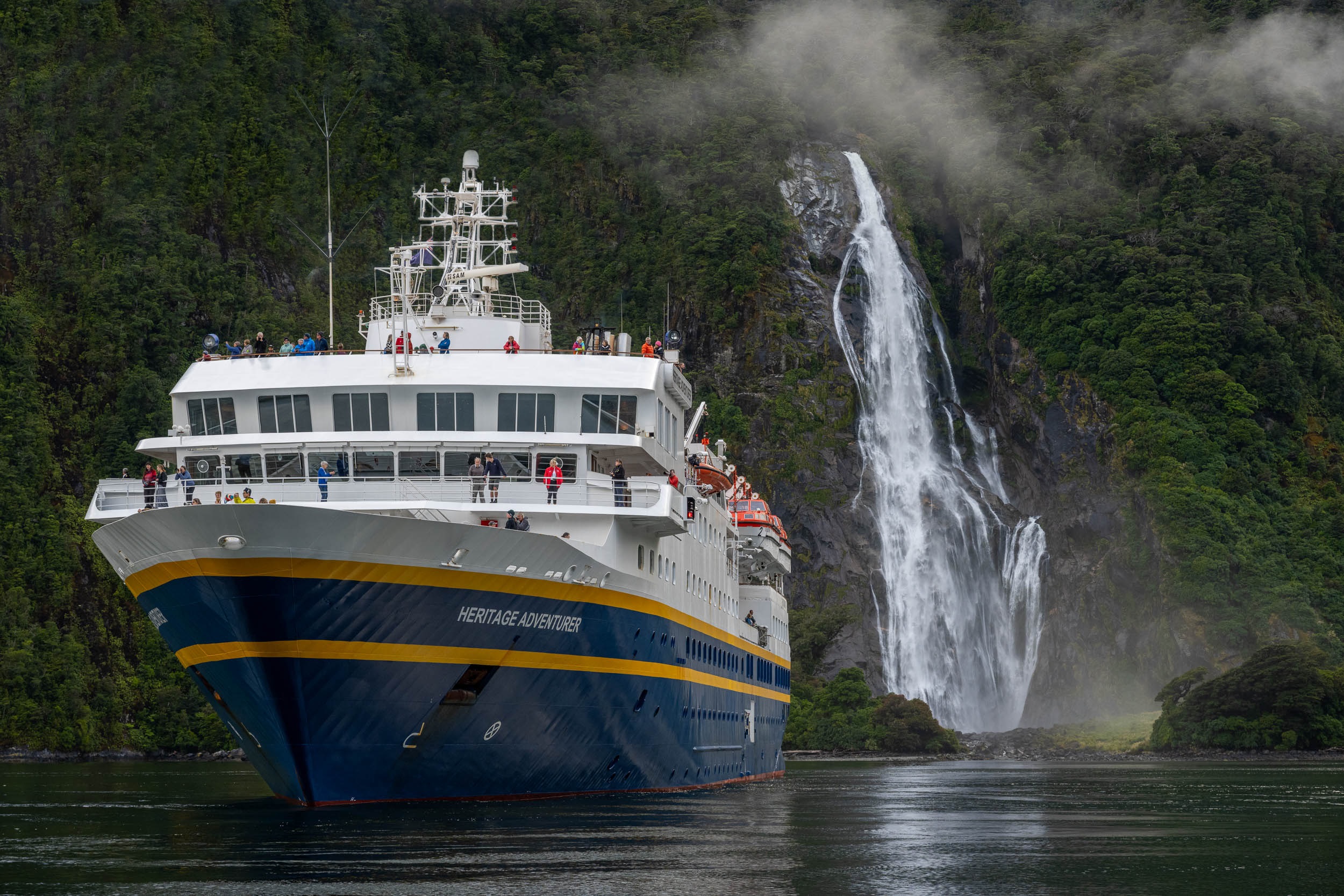
Ship Overview
Heritage Adventurer is a true pioneering expedition vessel of exceptional pedigree. Often referred to as the 'Grande Dame of Expedition Cruising' due to her celebrated history and refined design, she was purpose-built for adventure in 1991 at Finland's Rauma shipyard and specifically designed for Polar exploration.
Setting a peerless standard in authentic expedition travel, Heritage Adventurer (formerly known as MS Hanseatic) combines the highest passenger ship iceclass rating (1A Super) with an impressive history of Polar exploration. Having held records for the most northern and southern Arctic and Antarctic navigations, and for traversing both the Northwest and Northeast Passages, makes Heritage Adventurer perfect for pioneering New Zealand-based Heritage Expeditions signature experiential expedition travel.
Originally designed to accommodate 184 guests, Heritage Adventurer now welcomes just 140 expeditioners ensuring spacious, stylish and comfortable voyages, while a fleet of 14 Zodiacs ensures all guests are able to maximise their expedition adventure. Heritage Adventurer proudly continues our traditions of exceptional, personalised expedition experiences as Heritage Expeditions flagship.
Ship Details
Ship Name:
Heritage Adventurer
Draft:
4.97 metres
Shipyard:
Rauma, Finland
Year Built:
1991
Maximum Speed:
15 knots
Gross Tonnage:
8,378gt
Engines:
3,940 horsepower (x2)
Length:
124 metres
Zodiacs:
14
Beam:
18 metres
Classification:
Lloyds 1AS, GL E4
Cruising Speed:
12 knots
Accommodation:
140 guests
Range:
8,600 nautical miles
Deck Plans
Deck Plan
Deck Plan
Cabins
Deck 5 Superior
Superior Cabins on Deck 5 are a spacious 22m2 and feature large panoramic windows, king or two single beds, comfortable lounge, writing desk, private en-suite with shower, ample storage and a flat screen entertainment system.
Worsley Suite
Located on Deck 6, Worsley Suites are a spacious 22m2 and feature large panoramic windows, king or two single beds, comfortable chaise-style lounge suite, writing desk, private en-suite with shower, ample storage and a flat screen entertainment system. Receive complimentary in-room dining, minibar replenished daily, Heritage Expeditions keep cup, notebook and pen.
Main Deck Triple
Main Deck Triple Cabins on Deck 3 are a spacious 22m2 and feature two porthole windows, two single beds and one Pullman bed which folds down from the wall, comfortable lounge, writing desk, private en-suite with shower, ample storage and a flat screen entertainment system.
Superior Single
Superior Single Cabins on Deck 5 are a spacious 22m2 and feature large panoramic windows, king bed, comfortable lounge, writing desk, private en-suite with shower, ample storage and a flat screen entertainment system.
Superior Triple
Superior Triple Cabins on Deck 5 are a spacious 22m2 and feature large panoramic windows, two single beds and one Pullman bed which folds down from the wall, comfortable lounge, writing desk, private en-suite with shower, ample storage and a flat screen entertainment system.
Deck 4 Superior
Superior Cabins on Deck 4 are a spacious 22m2 and feature large panoramic windows, king or two single beds, comfortable lounge, writing desk, private en-suite with shower, ample storage and a flat screen entertainment system.
Heritage Suite
Located on Deck 6, Heritage Suites are an expansive 44m2 and feature large double panoramic windows, king bed, large living area with a sofa, coffee table and chairs and grand marble bathroom with a double basin, bathtub and shower, large writing desk, floor to ceiling cabinetry for storage and a flat screen entertainment system. Receive complimentary in-room dining, minibar replenished daily, free laundry, US$100.00 per person SPA credit, Heritage Expeditions keep cup, notebook and pen.
Main Deck Single
Main Deck Single Cabins on Deck 3 are a spacious 22m2 and feature two porthole windows, king bed, comfortable lounge, writing desk, private en-suite with shower, ample storage and a flat screen entertainment system.
What's Included
-
Local payment
-
Pre/post cruise transfers
Transfers before and after the cruise are included.
-
All on board ship accommodation with meals
Accommodation on the ship along with meals is included.
-
House beer
House beer is included in the package.
-
Wine and soft drinks with lunch and dinner
Wine and soft drinks are provided with lunch and dinner.
-
All expedition shore excursions
All shore excursions during the expedition are included.
-
Specialist birding guides and programme of lectures
Specialist birding guides and a programme of lectures are included.
-
pre/post cruise transfers
-
all on board ship accommodation with meals
-
house beer
What's Not Included
-
All items of a personal nature
-
Laundry
Laundry services are not included.
-
Drinks
Drinks other than house beer, wine, and soft drinks with meals are not included.
-
Gratuities
Gratuities are not included in the package.
-
International/domestic flights
Flights, both international and domestic, are not included.
-
Visas and travel insurance
Visas and travel insurance are not included.
-
laundry
-
drinks
-
gratuities. International/domestic flights
-
visas and travel insurance.
Mode of Transport
Travel aboard the Heritage Adventurer, sailing through the Western Pacific with pre/post cruise transfers included.
Accommodation
Enjoy comfortable on-board ship accommodation with all meals included, featuring house beer, wine, and soft drinks with lunch and dinner.
Check out our Q&As
-
What kind of wildlife can I expect to see on the Western Pacific Odyssey?
The Western Pacific Odyssey offers exceptional opportunities to see a variety of rare pelagic seabirds, including Grey Noddy, Australasian Gannet, New Zealand Storm Petrel, Little Blue Penguin, and several species of albatross. Additionally, you may encounter cetaceans such as Short-beaked Common Dolphin, Long-finned Pilot Whale, and occasionally Bryde's Whale.
-
What activities are included during the days at sea?
During the days at sea, the focus will be on birdwatching and marine mammal spotting. You can expect to see a variety of seabirds, including Pterodroma/Gadfly Petrels, albatross, and storm petrels. There are also opportunities to spot cetaceans like Sperm Whales and beaked whales.
-
What can I expect during the visit to Norfolk Island?
On Norfolk Island, you will explore its rich history and unique wildlife. The island is home to endemic birds such as the Norfolk Parakeet, Slender-billed White-eye, and Norfolk Robin. You may also see nesting seabirds like Black Noddy, White Tern, and Red-tailed Tropicbirds.
-
What is special about the visit to Riviere Bleue in New Caledonia?
Riviere Bleue in New Caledonia is renowned for its extraordinary biodiversity and high levels of endemism. The highlight is the Kagu, a unique, flightless bird. Other endemic species you may see include the Cloven-feathered Dove, Horned Parakeet, and Crow Honeyeater.
-
What kind of birdwatching opportunities are available on Bougainville Island?
Bougainville Island offers excellent birdwatching opportunities, including sightings of Sanford's/Solomon Sea Eagle, Solomons Cockatoo, and Ultramarine Kingfisher. You may also encounter endemics like the Bougainville Crow, Bougainville Monarch, and Bougainville Bush Warbler.
-
What should I know about the final day in Kavieng?
On the final day in Kavieng, you will disembark after breakfast and have the option to take a transfer to Kavieng Airport or continue on a specially priced extension through to Japan. It is recommended not to book any onward flights until mid-afternoon to account for any delays.
-
What fitness level is required?
Guests are required to have a reasonable level of fitness in order to participate in landings. While not strenuous, travellers who participate on excursions must be able to climb a ship-side gangway, get in and out of Zodiacs and be able to stand unaided. Each landing and excursion caters to all fitness levels ranging from easy to challenging, ultimately each guest is able to decide how active or relaxing their voyage is.
-
Is any clothing included?
Thermally-insulated Muck Boots are provided for use on all our Southern Ocean voyages while guests travelling to the Ross Sea are supplied with an Antarctic grade jacket during their time in Antarctica.
-
What policies are in place for Covid-19?
Please contact us for our latest Covid-19 policies
-
Is there a doctor on board?
Yes, on Heritage Adventurer there is an on board doctor with a small infirmary and on many voyages a First Responder will travel with guests on excursions. Heritage Explorer does not have a doctor on board, however our crew are trained in first aid.
-
Are drinks included?
Yes, house wine, beer and soft drinks are included with lunch and dinner on all Heritage Expeditions voyages. Complimentary drinks can also be enjoyed during special events on board while bar purchases can also be charged to your stateroom.
-
What Ethical Travel credentials does the tour company have?
Travelling with Heritage Expeditions is to travel responsibly. As biologists and ornithologists, we are intimately aware of the many issues that confront animals and their habitats, the world's oceans and isolated ethnic groups. We also take action: we actively contribute to the conservation of the places we visit in several ways; we 'buy local' and employ locally; we make sure that travellers are respectful of local customs and traditions; and we dispose of waste responsibly.
-
Is there a gym on board?
Yes, Heritage Adventurer has a gym, pool, sauna, Jacuzzi and Spa on Deck 7. While there is no gym on Heritage Explorer, guests have plenty of opportunity to stretch their legs on shore or take the kayaks out, weather permitting.
-
What is the onboard currency?
Heritage Adventurer operates in US$ while Heritage Explorer is NZ$.
-
Does a single supplement apply?
Heritage Adventurer has 20 dedicated single cabins (12 x Main Deck Single Staterooms on Deck 3 and 8 x Superior Single Staterooms on Deck 5). Heritage Adventurer also has the option of guests sharing in our Main Deck Triple (Deck 3) and Superior Triple (Deck 5) Staterooms. There may also be the option to share a Deck 4 or Deck 5 Superior Stateroom with another solo-travelling guest of the same gender. Heritage Explorer has 2 dedicated single cabins, Wandering, and if these are booked there may be availability to book a Salvin’s Twin/Double or Buller’s as a single at 1.8 times the published per person rate.
-
How long has the tour company been trading?
Heritage Expeditions was formed in 1985.
-
Is there Wi-Fi on board?
Yes, there is Wi-Fi available on both ships. Heritage Adventurer has a connection via satellite and vouchers can be purchased from reception. Wi-Fi is included on Heritage Explorer.
-
Are all excursions included?
Yes, all standard excursions are included in the voyage cost. All you will need to pay for on board is anything of a personal nature, laundry, drinks and gratuities.
Reviews of this operator
1 Select your preferred date
Thursday - Thursday
Mar 13, 2025 - Mar 27, 2025Book with Confidence
-
Low Deposit
Heritage Expeditions requires a minimum deposit of 25% or the full booking value, whichever is less, with the final balance not due until 90 days before departure.
-
Cancellation Policy
We don't charge a cancellation fee, here is a summary of heritage expeditions charges.
Up to 91 days before tour starts: Forfeit 100% of deposit.
At 90 days before tour starts: Forfeit 100% of booking price.
showell_masked_(tasman)_booby_wpo.jpg)
_heritage_expeditions_western_pacific_odyssey_14_(custom).jpg)
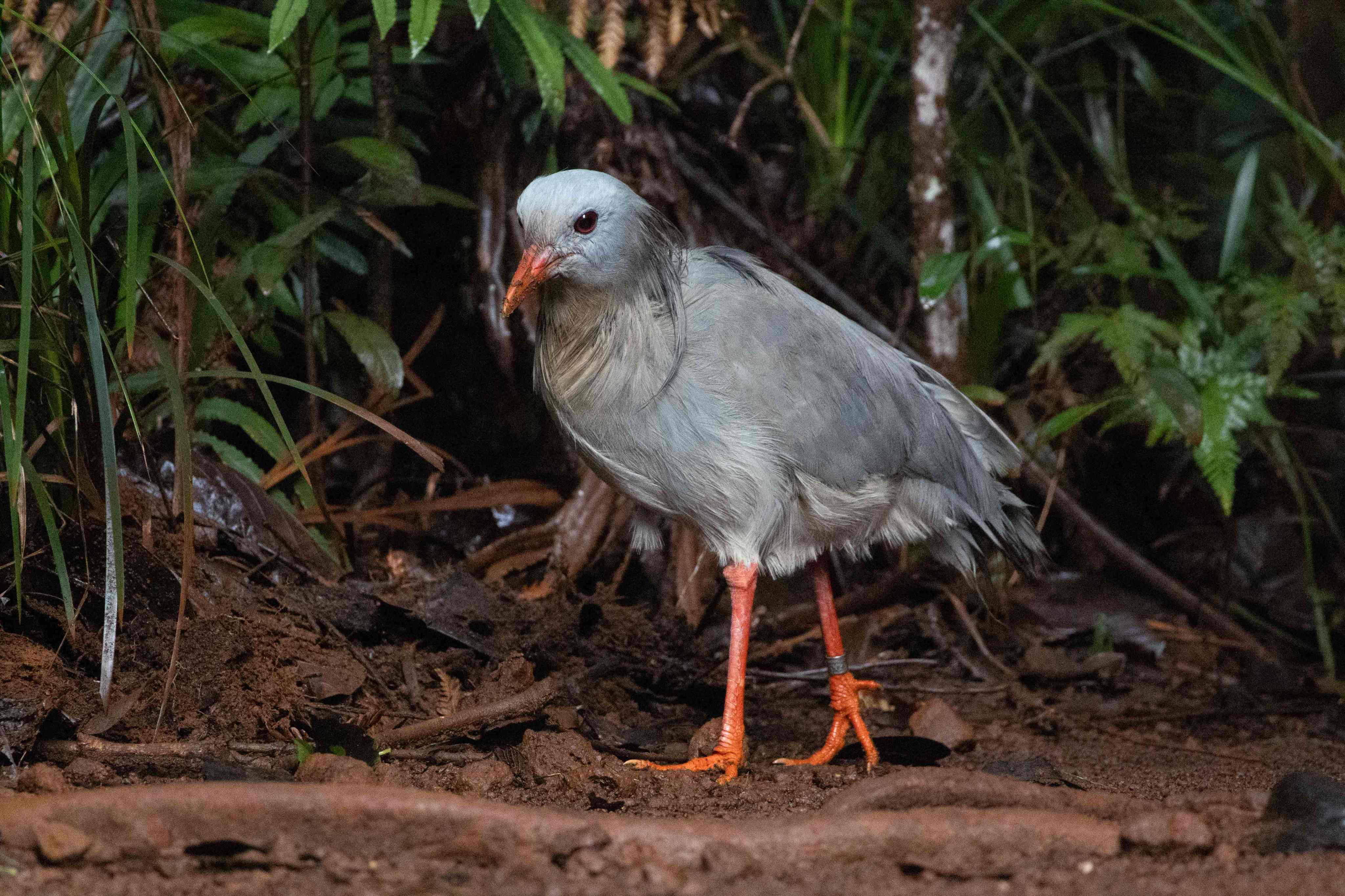
_heritage_expeditions_western_pacific_odyssey_25_(custom).jpg)
_lsteijn_cape_black_noddy%2C_norfolk_island_21_(custom).jpg)
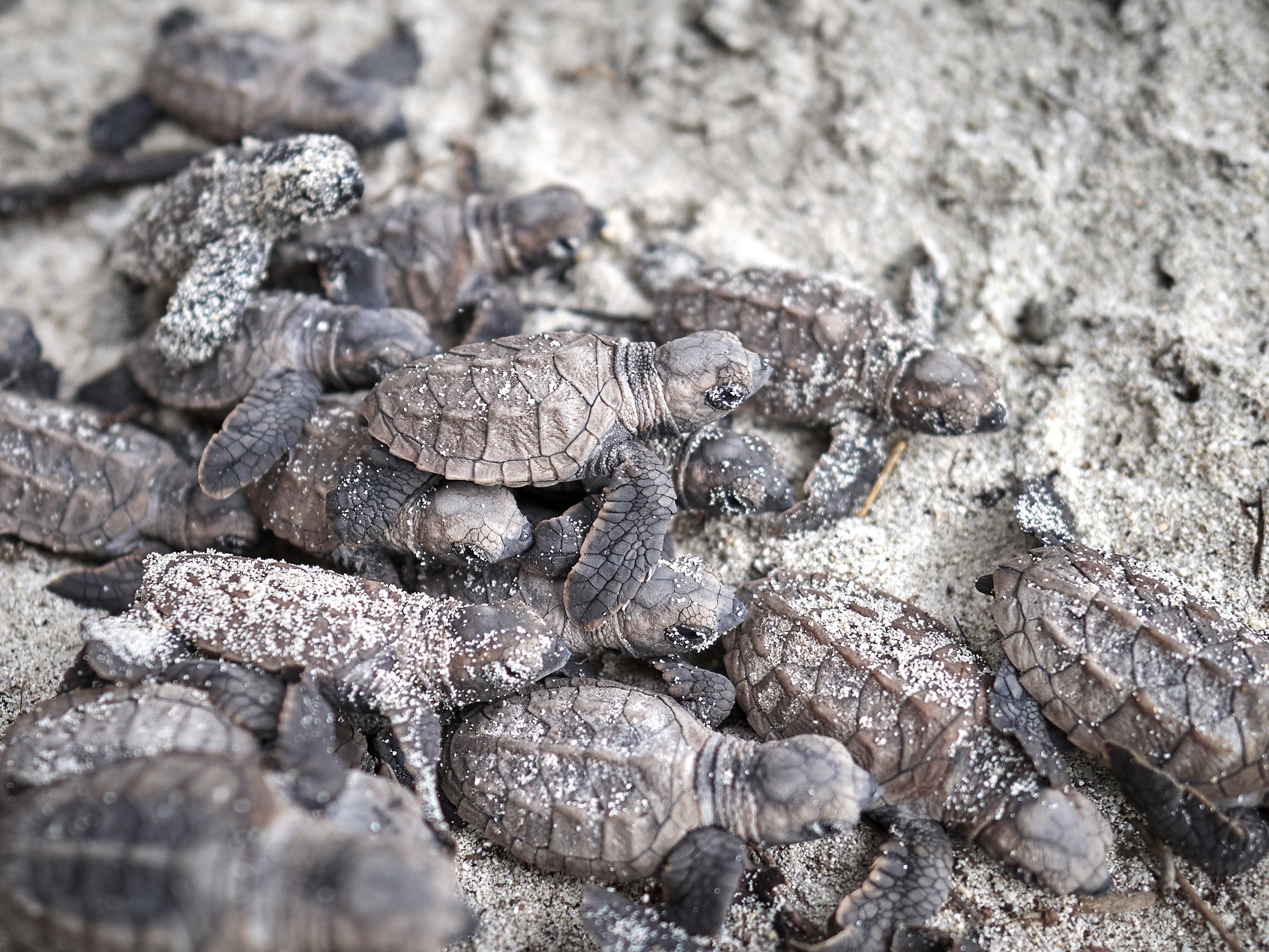
_lsteijn_cape__bullers_shearwater_16_(custom).jpg)
_lsteijn_cape__blue_whale_18_(custom).jpg)
_heritage_expeditions_western_pacific_odyssey_13_(custom).jpg)
_lsteijn_cape__white-capped_albatros_10_(custom).jpg)

_lsteijn_cape__cape_petrel_6_(custom).jpg)
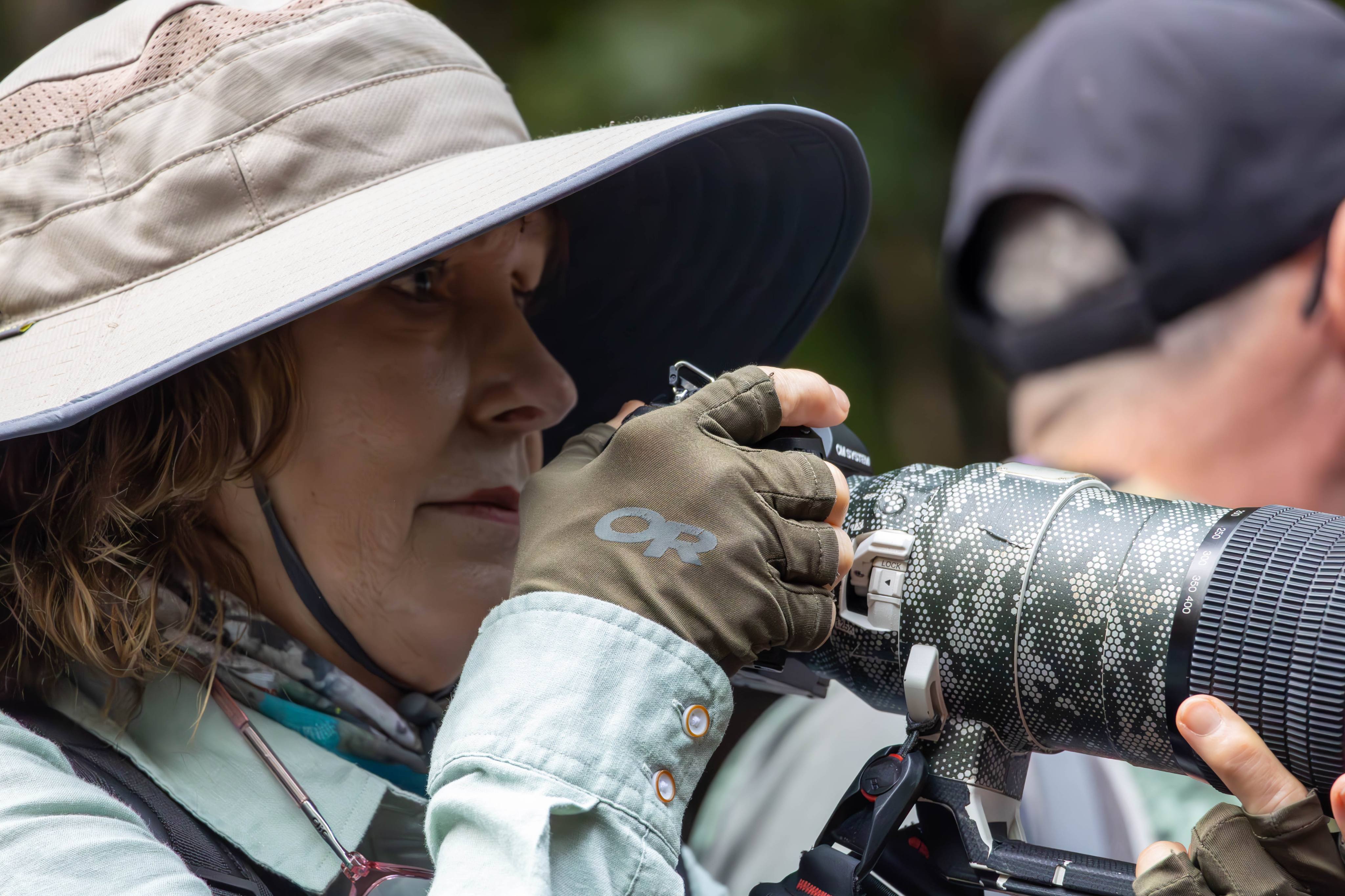

_heritage_expeditions_western_pacific_odyssey_27_(custom).jpg)
_lsteijn_cape__tahiti_petrel%2C_south_of_new_caledonia_24_(custom).jpg)
_lsteijn_cape__white-capped_albatros_5_(custom).jpg)
showell_moustached_treeswift_wpo.jpg)
_heritage_expeditions_western_pacific_odyssey_15_(custom).jpg)
_lsteijn_cape__salvins_albatros_9_(custom).jpg)
.jpg)

_showell_rennell_island_solomons_(2_of_3)_wpo.jpg)
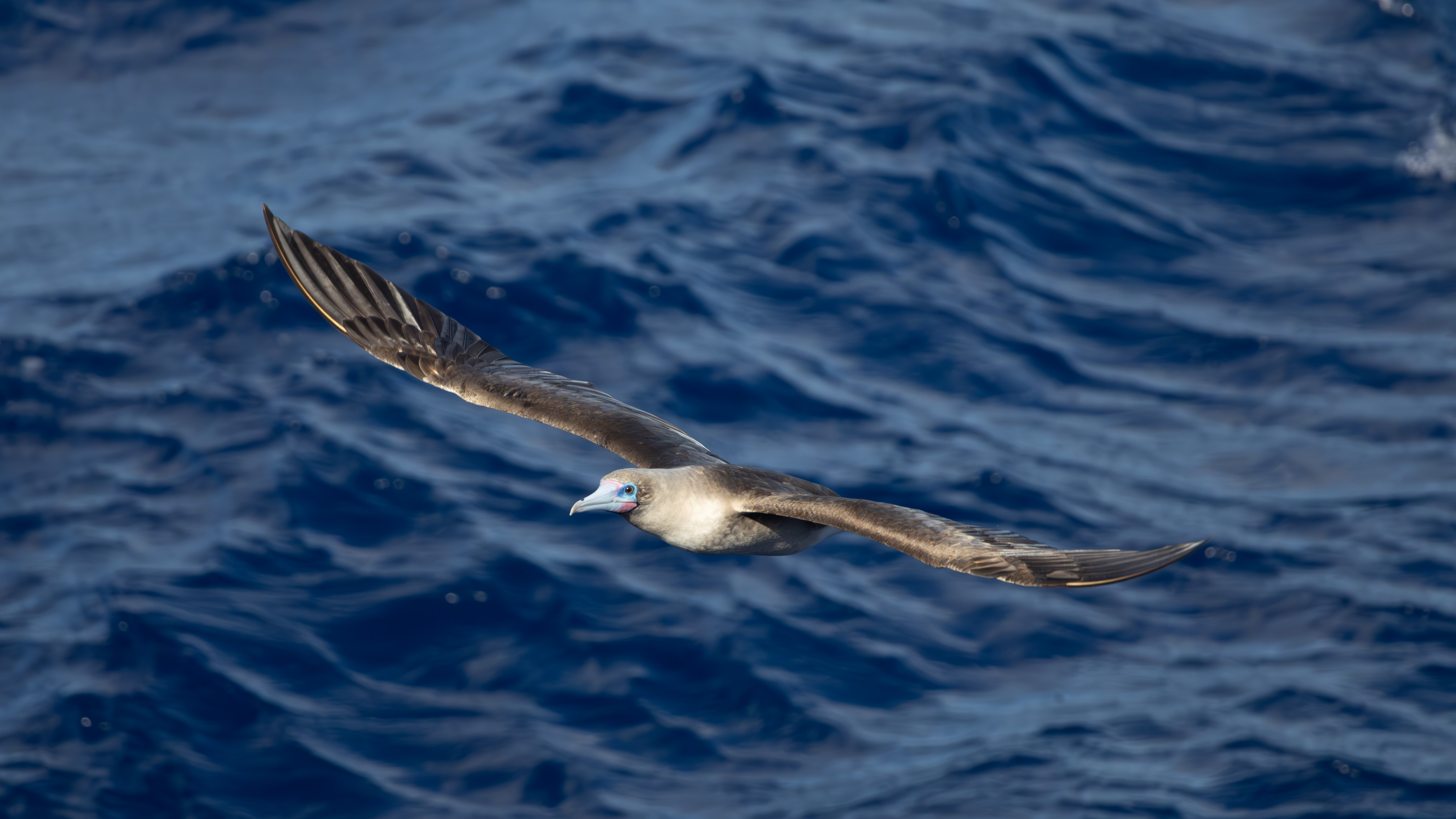
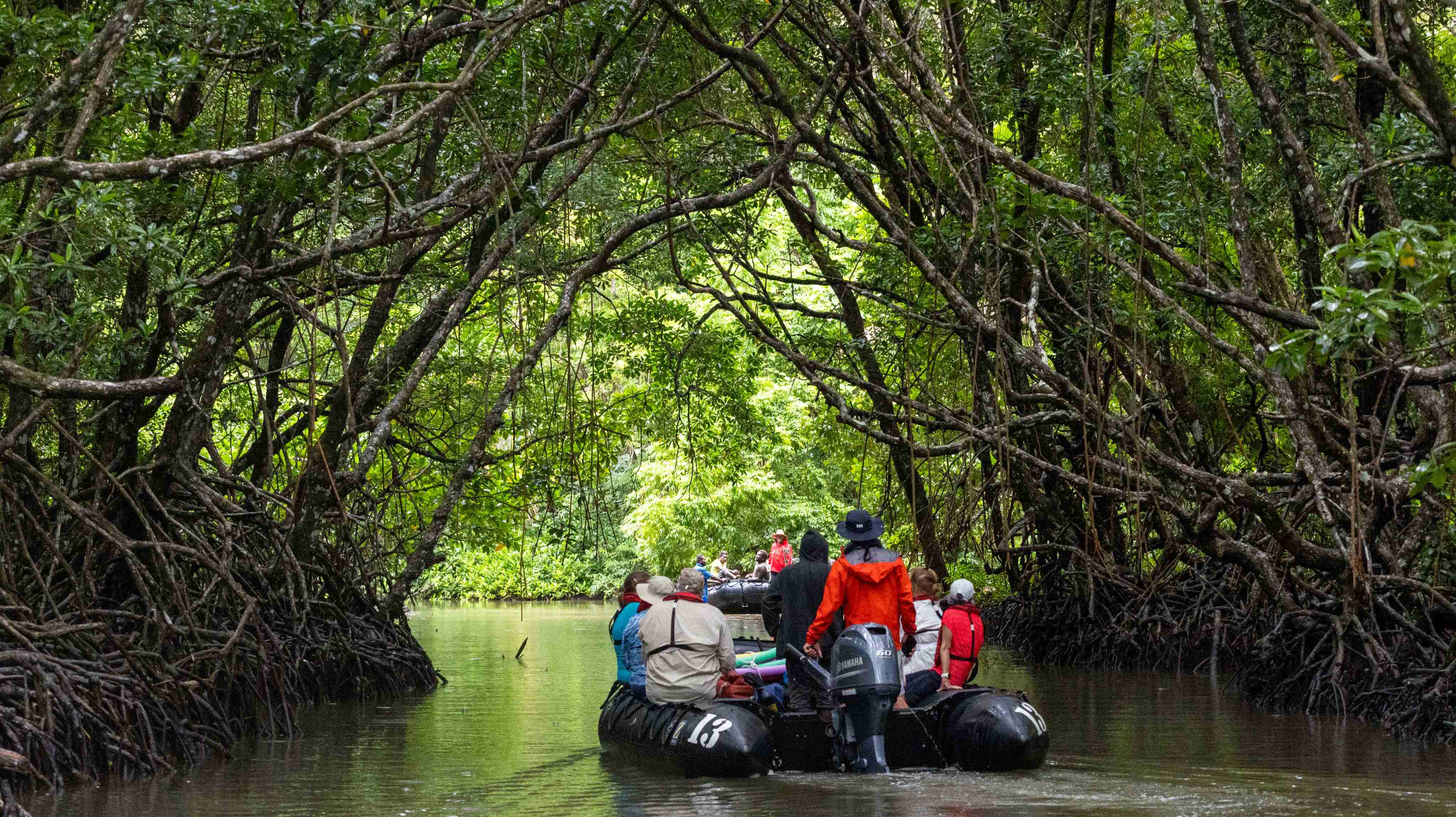
_lsteijn_cape_white-capped_albatros_17_(custom).jpg)
_lsteijn_cape_wedge-tailed_shearwater%2C_south_of_new_caledonia_25_(custom).jpg)
_lsteijn_cape__bullers_shearwater14_(custom).jpg)
.jpg)
showell_white-tailed_tropicbird_wpo.jpg)
_heritage_expeditions_western_pacific_odyssey_26_(custom).jpg)
_aruss_western_pacific_odyssey_9_(custom).jpg)
_heritage_expeditions_western_pacific_odyssey_17_(custom).jpg)
_lsteijn_cape__bullers_albatros_2_(custom).jpg)

_showell_green-backed_white-eye__new_caledonia_(3_of_5)_wpo.jpg)
_showell_rennell_island__solomons_(1_of_3)_wpo.jpg)
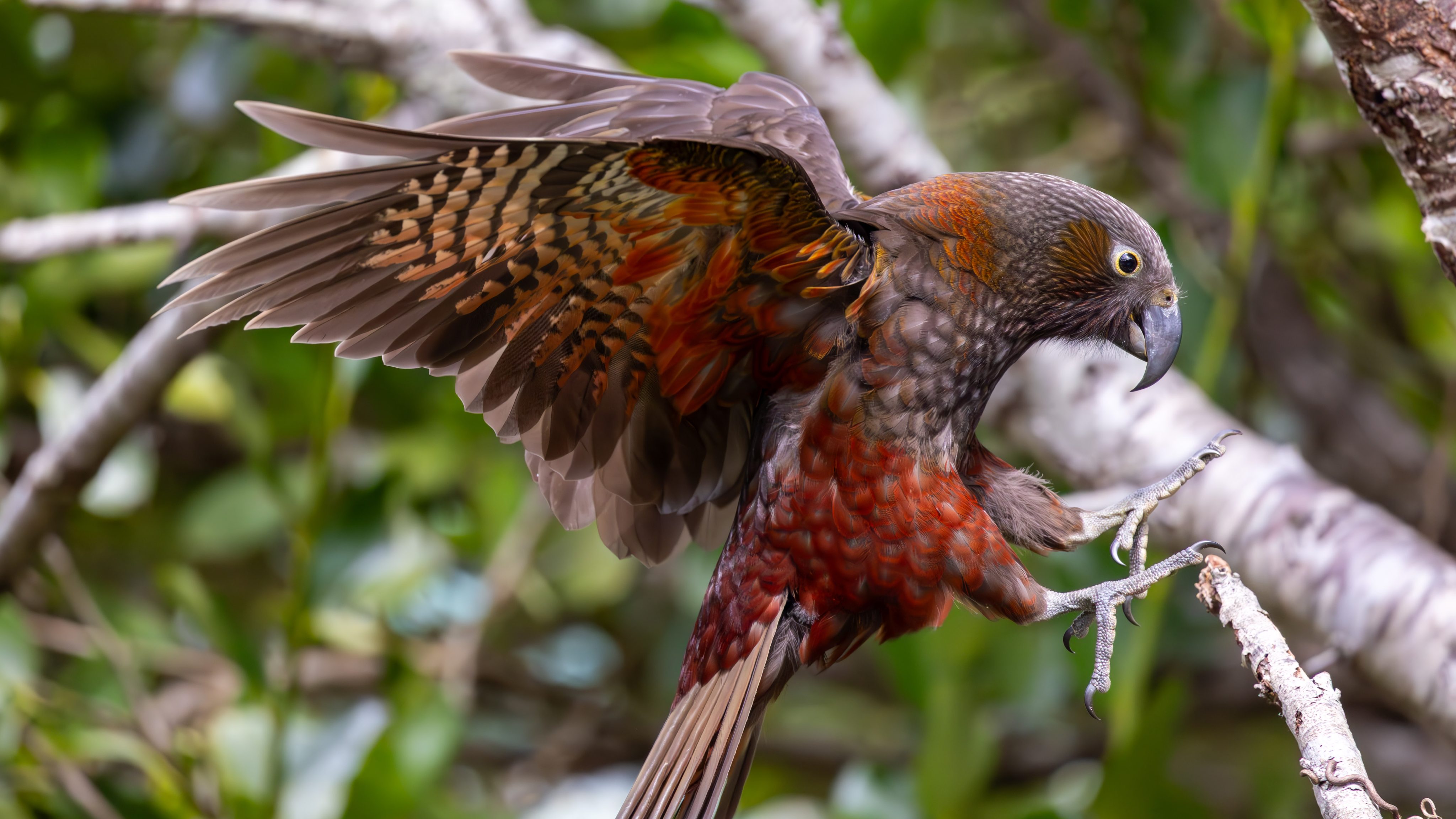
_heritage_expeditions_western_pacific_odyssey_23_(custom).jpg)
_lsteijn_cape__westland_petrel_8_(custom).jpg)
_heritage_expeditions_western_pacific_odyssey_24_(custom).jpg)
_aruss_western_pacific_odyssey_4_(custom).jpg)




_aruss_western_pacific_odyssey_11_(custom).jpg)
_aruss_western_pacific_odyssey_6_(custom).jpg)
.jpg)
_heritage_expeditions_western_pacific_odyssey_19_(custom).jpg)
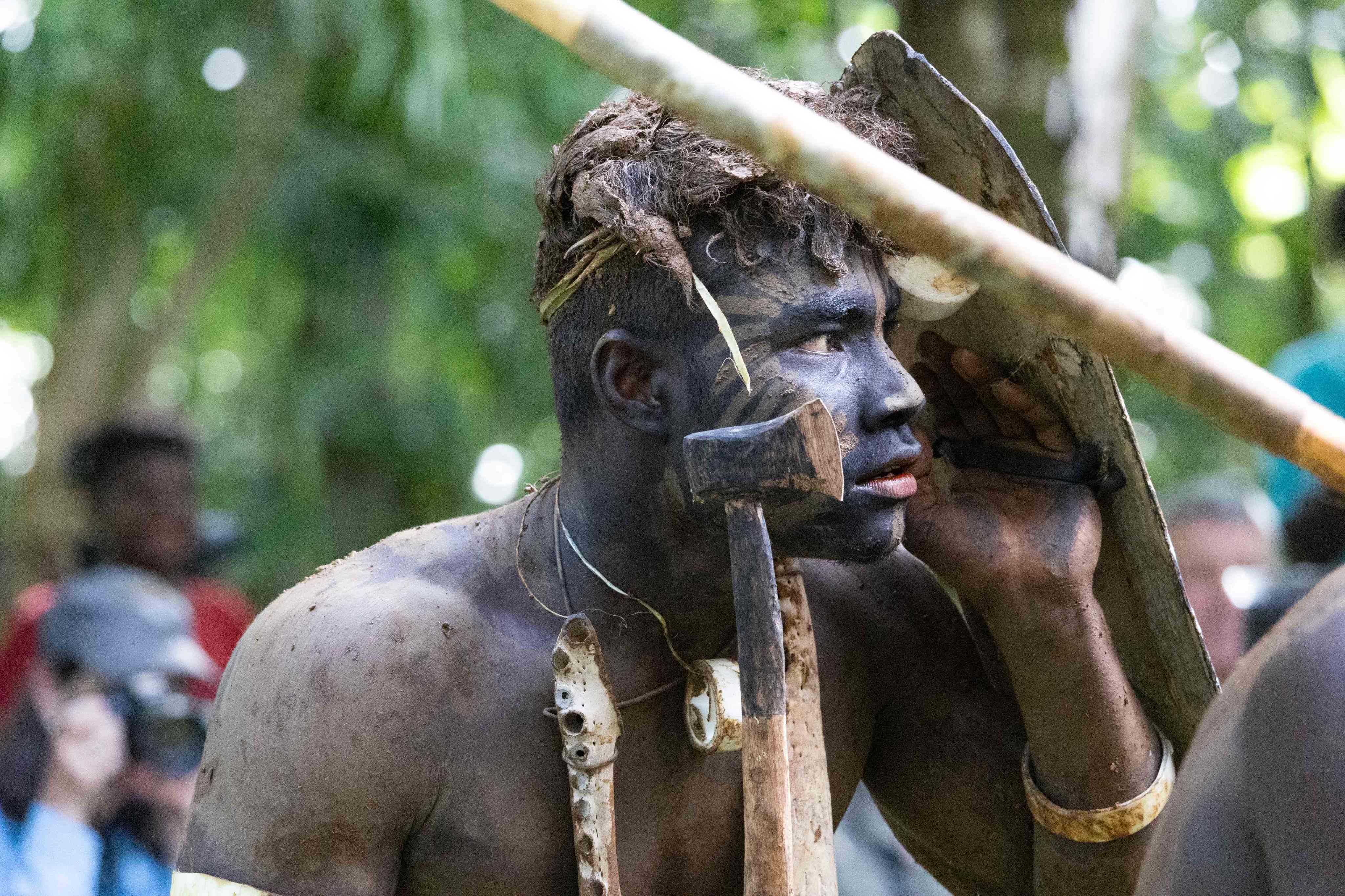
_howell_purple-capped_fruit-dove_wpo.jpg)
_showell_yellow_bandwing_wpo.jpg)
_lsteijn_cape__white-capped_albatros_3_(custom).jpg)
_ldunhill_anuta_village_(custom).jpg)
_heritage_expeditions_western_pacific_odyssey_12_(custom).jpg)
_aruss_western_pacific_odyssey_1_(custom).jpg)
_showell_makira_island__solomons_(13_of_18)_wpo.jpg)
_lsteijn_cape_petrel_1_(custom).jpg)
_heritage_expeditions_western_pacific_odyssey_18_(custom).jpg)
_lsteijn_cape__red-billed_tropicbird%2C_norfolk_island_19_(custom).jpg)
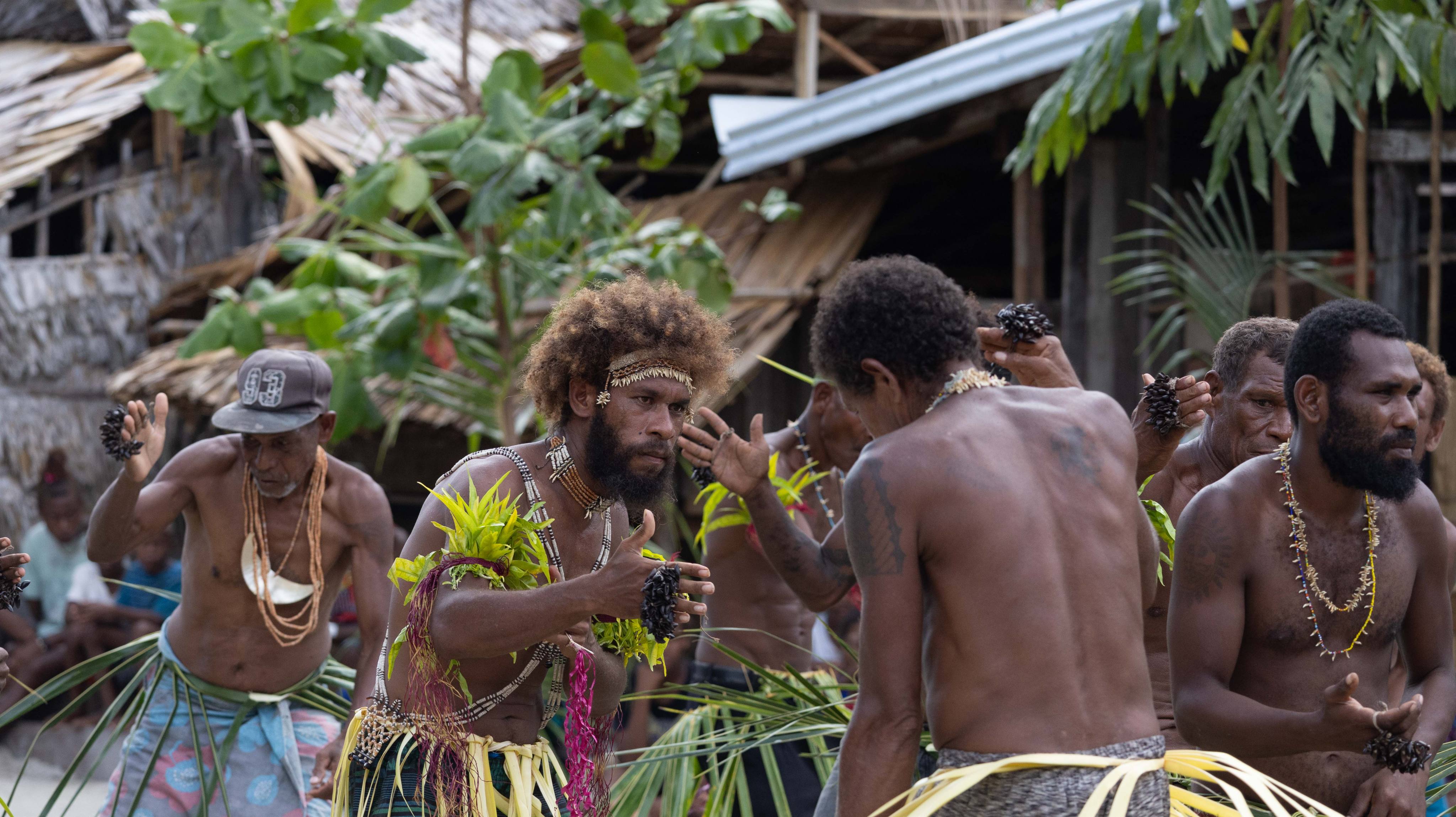
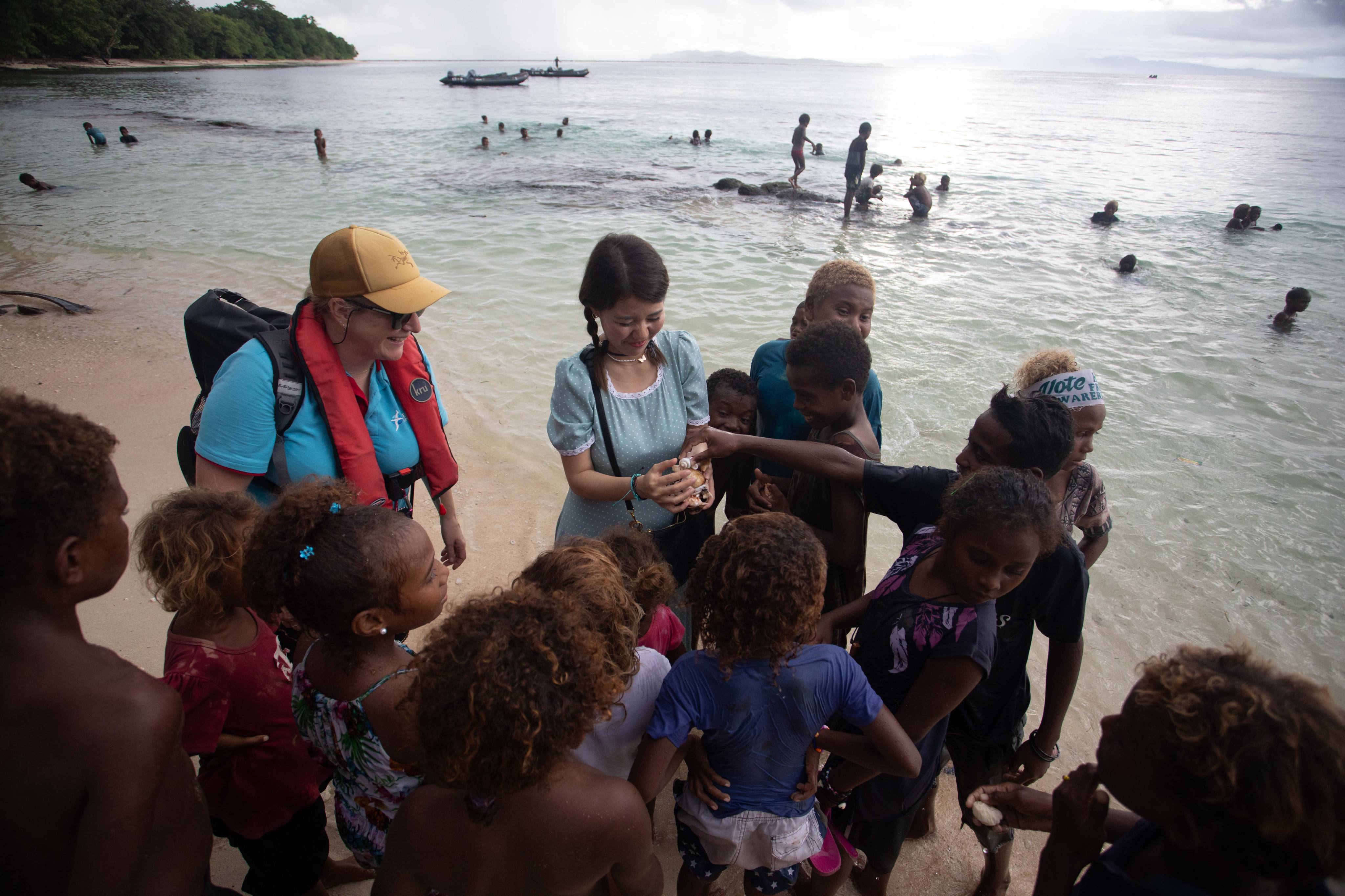
_showell_solomon_sea-eagle_wpo.jpg)
_aruss_western_pacific_odyssey_8_(custom).jpg)
_aruss_western_pacific_odyssey_10_(custom).jpg)
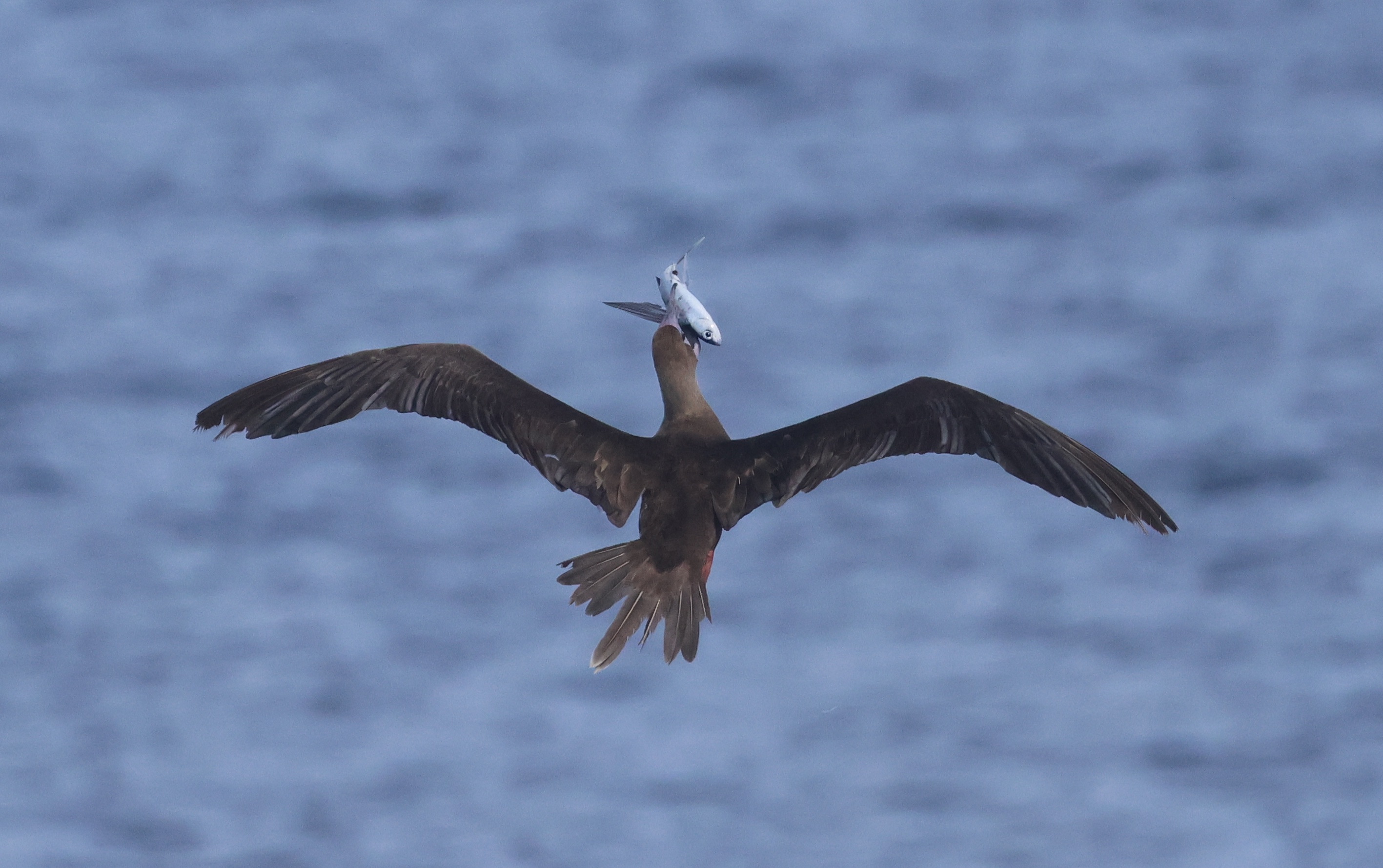
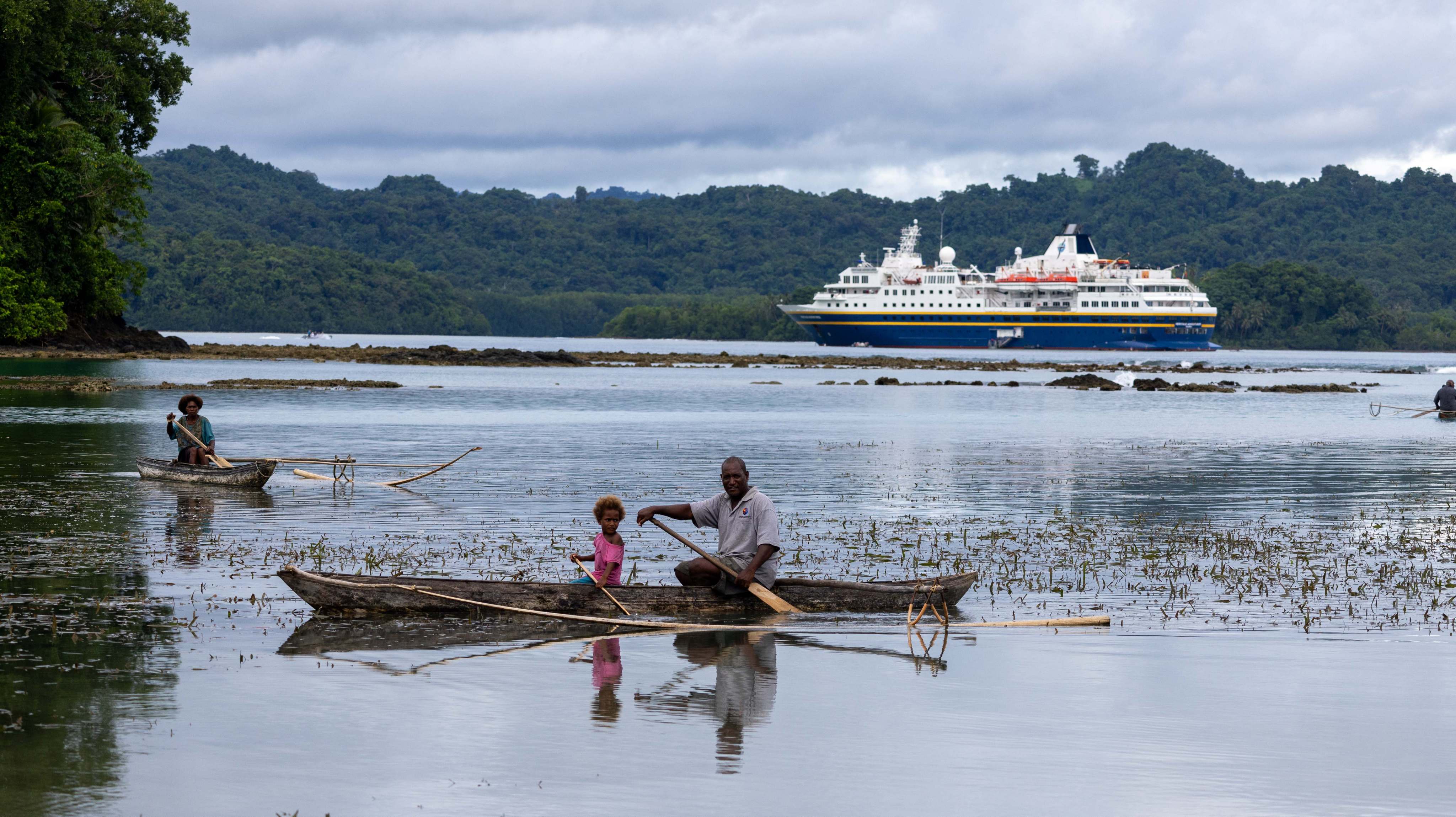
_aruss_western_pacific_odyssey_5_(custom).jpg)



_lsteijn_cape__red-footed_booby%2C_south_of_new_caledonia_22_(custom).jpg)
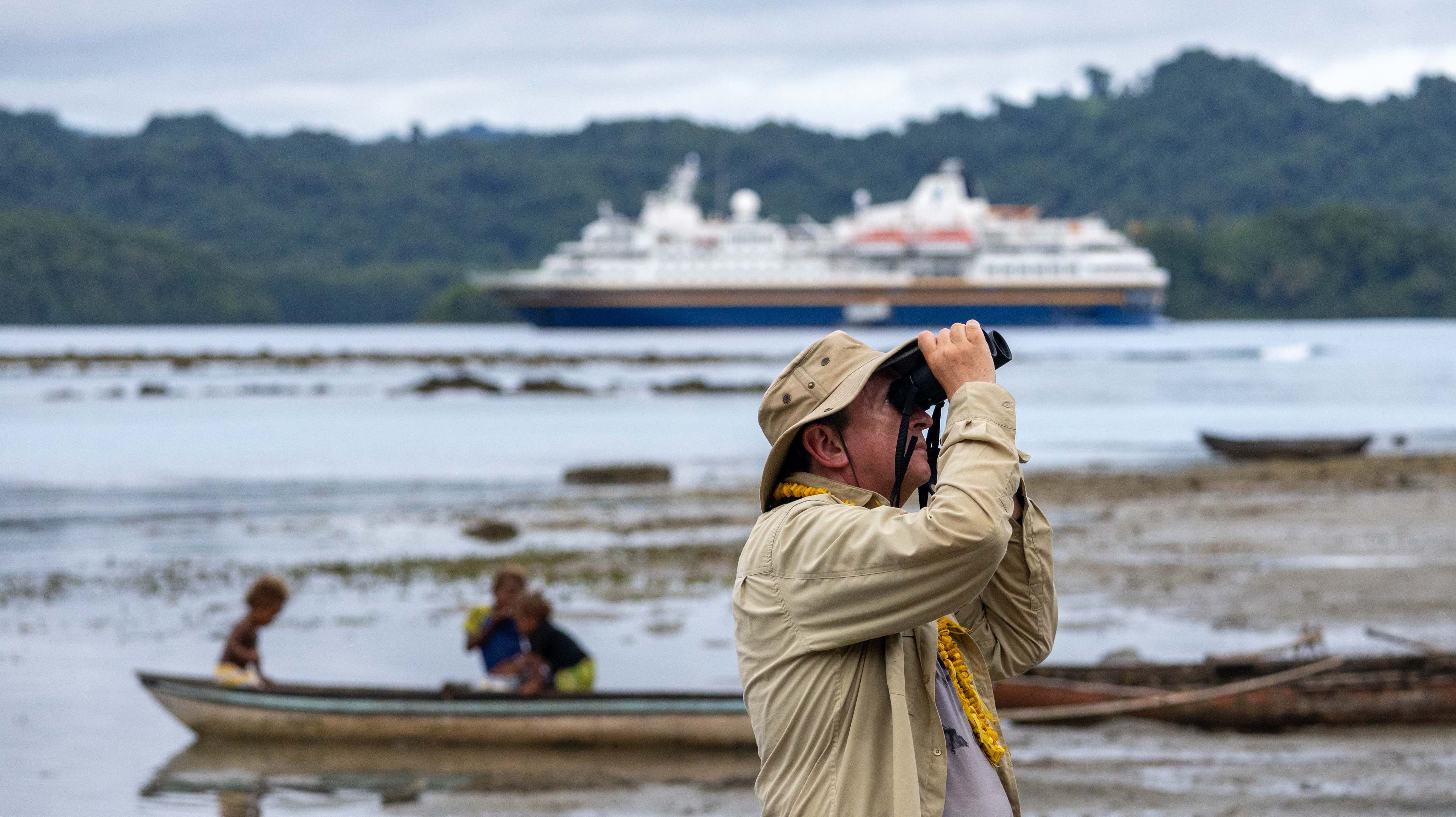
_showell_red-tailed_tropicbird_wpo.jpg)
_lsteijn_cape__white_tern%2C_norfolk_island_20_(custom).jpg)

_lsteijn_cape__bullers_albatros_11_(custom).jpg)
_lsteijn_cape__southern_royal_albatros_13_(custom).jpg)

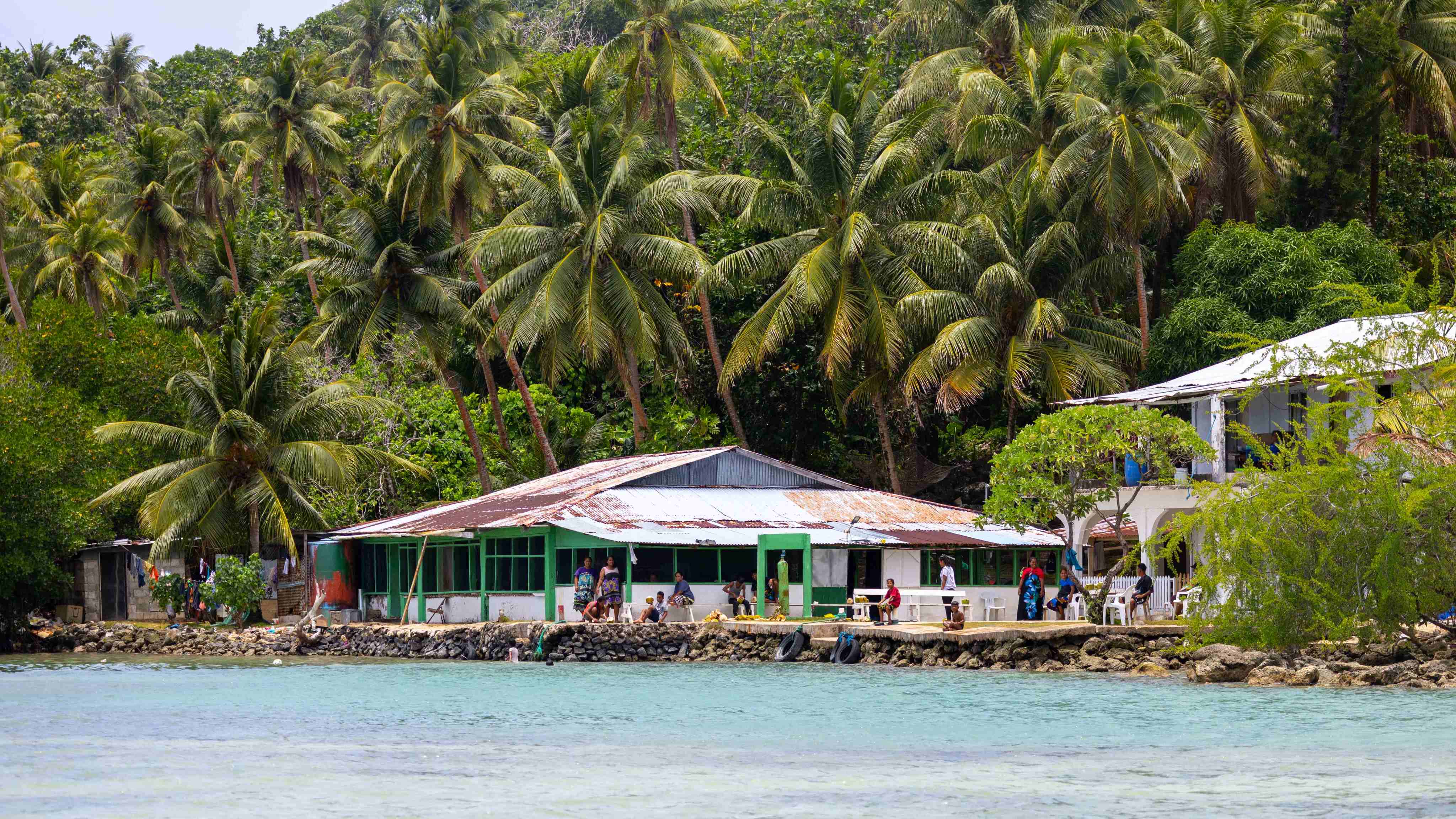
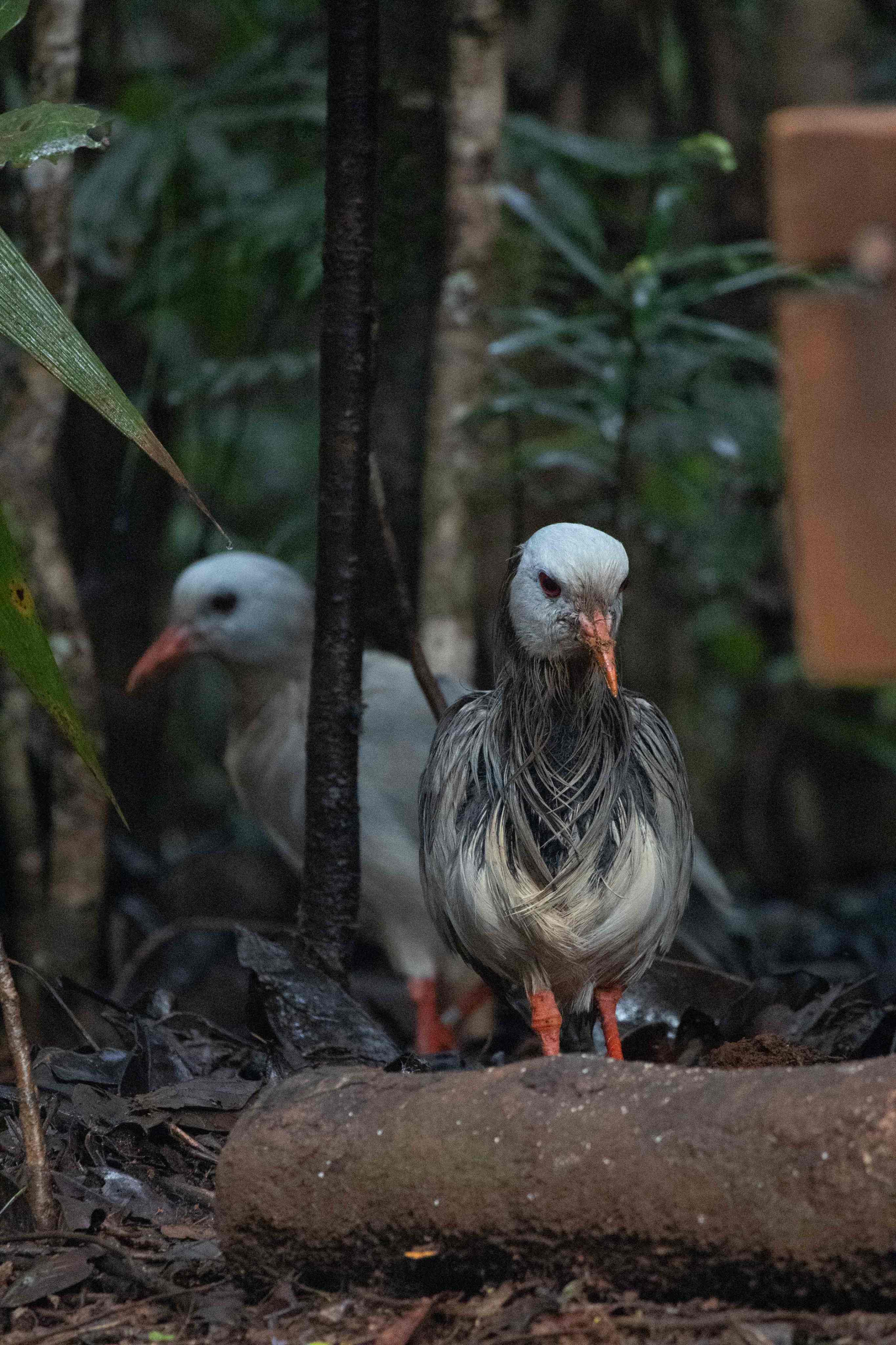
_showell_red-footed_booby__wpo.jpg)
_showell_tree_snake__rennell_island__solomons_wpo.jpg)
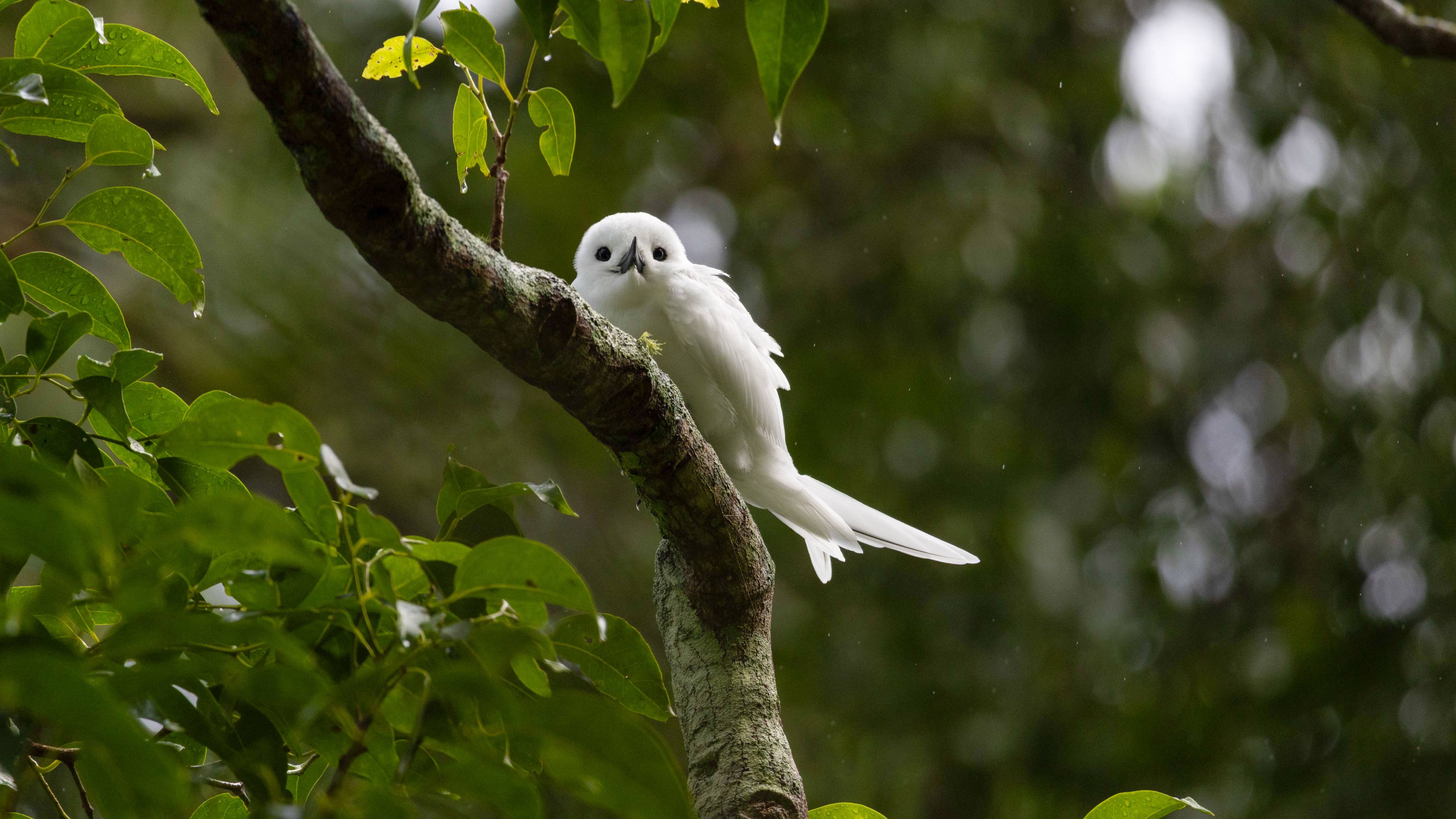
_lsteijn_cape__white-capped_albatros_4_(custom).jpg)
_showell_tahiti_petrel_at_sea_wpo.jpg)
_aruss_western_pacific_odyssey_3_(custom).jpg)
_showell_redfooted_booby__wpo.jpg)
_heritage_expeditions_western_pacific_odyssey_20_(custom).jpg)
_heritage_expeditions_western_pacific_odyssey_21_(custom).jpg)
